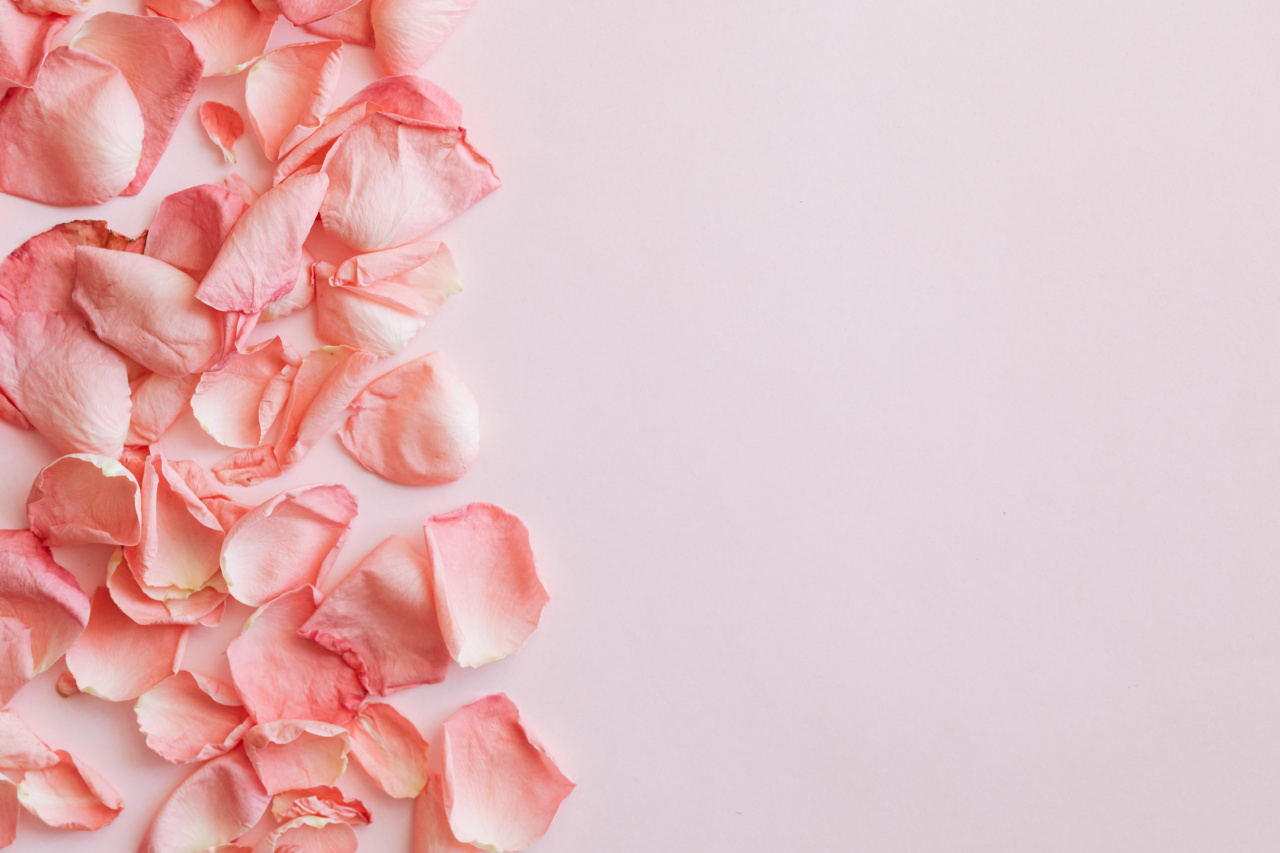Manna is a naturally occurring substance that has been used for centuries as a source of nutrition and medicine. It is harvested from the sap of certain trees and has a sweet flavor.
However, there are some dangerous elements present in manna that can have negative effects on human health. In this article, we will explore the potential risks associated with consuming manna and what precautions you should take before using it as a health supplement.
What is Manna?
Manna is a substance that is exuded from the bark of certain trees, such as the ash tree or the tamarisk tree. It is a sweet, sticky substance that is composed of sugars, amino acids, and other organic compounds.
Manna has been used for thousands of years as a natural remedy for a variety of ailments. It is used as a laxative, a diuretic, and an antacid. It is also a source of nutrition, as it contains vitamins and minerals that are beneficial to human health.
Dangerous Elements in Manna
While manna has many benefits, there are also some dangerous elements present in the substance that can have negative effects on human health. These include:.
1. Heavy Metals
Heavy metals such as lead, cadmium, and mercury can be present in the soil where manna trees grow. These metals can be absorbed by the tree and end up in the manna.
Consuming high levels of these heavy metals can cause serious health problems, such as neurological damage, kidney damage, and cancer.
2. Pesticides
Pesticides are chemicals that are used to control pests, such as insects and rodents. These chemicals can be used on the trees that produce manna, and can end up in the manna itself.
Consuming pesticides can have negative effects on human health, such as causing cancer, reproductive problems, and neurological damage.
3. Allergies
Some people may be allergic to manna, which can cause serious allergic reactions such as hives, difficulty breathing, and anaphylaxis. If you have a known allergy to manna, you should avoid consuming it.
4. Contamination
Manna can become contaminated during the harvesting process or during storage. Contamination can occur from bacteria, viruses, and other harmful organisms that can cause foodborne illness.
It is important to make sure that manna is harvested and stored properly to prevent contamination.
Precautions to Take
If you are considering using manna as a health supplement or remedy, it is important to take certain precautions to minimize the risks associated with consuming it. These include:.
1. Source
Make sure you obtain manna from a reputable source that adheres to strict quality control standards. Look for manna that is certified organic and has been tested for heavy metals, pesticides, and other contaminants.
2. Dosage
Always follow the recommended dosage instructions when using manna. Consuming too much manna can lead to negative health effects.
3. Allergies
If you have a known allergy to manna, avoid consuming it entirely. If you are unsure if you are allergic or not, speak to your doctor before taking manna.
4. Storage
Store manna in a clean, dry, airtight container away from sunlight and heat. This will help prevent contamination and preserve the quality of the manna over time.
Conclusion
Manna is a natural substance that has many potential health benefits. However, there are also dangerous elements present in manna that can have negative effects on human health.
It is important to take precautions when using manna as a health supplement or remedy, such as sourcing it from a reputable supplier, following dosage instructions, and storing it properly. If you have any concerns about using manna, speak to your doctor before taking it.



























